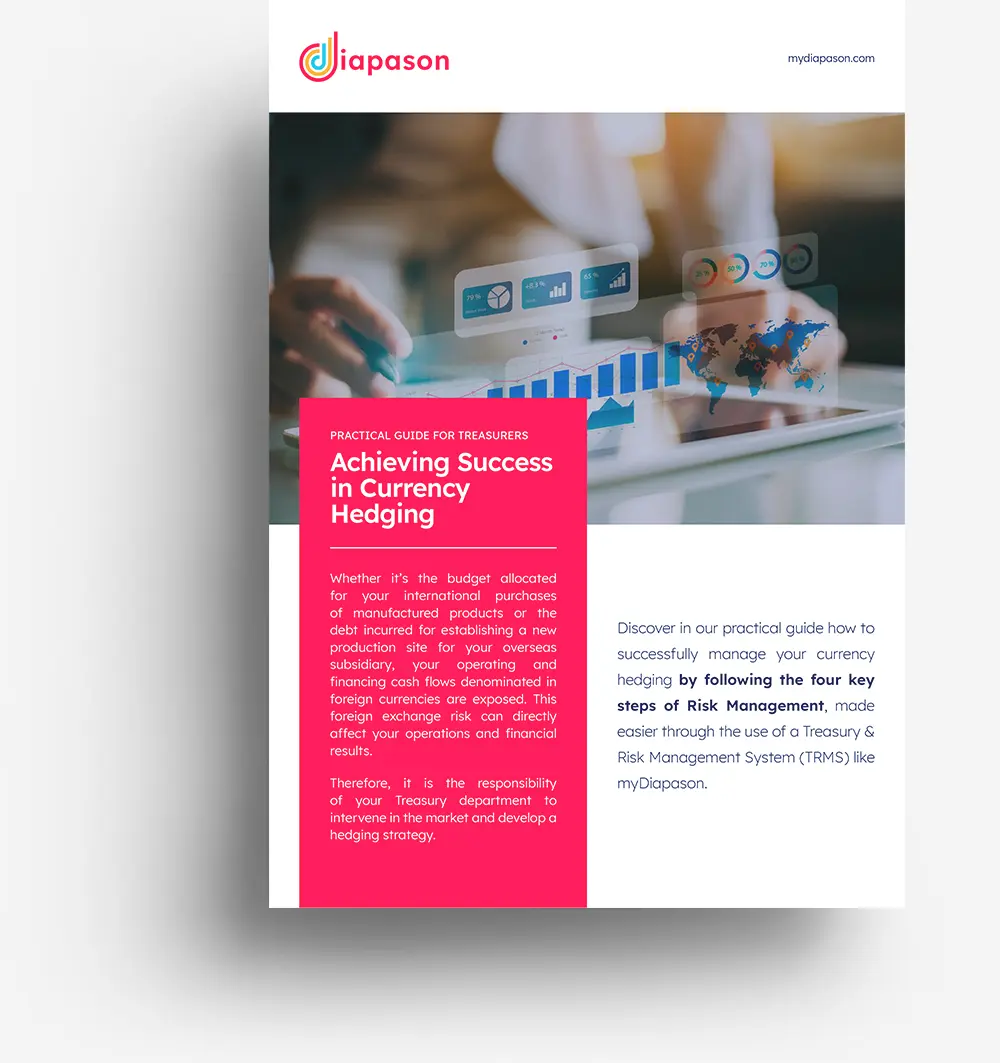Towards a decentralized monetary system
The idea of digital currency was born in November 2009 in order to create a decentralized system that would allow the exchange of monetary value while freeing itself from intermediary organizations such as banks or financial institutions. This technology uses a peer-to-peer (P2P) network model that allows computers to distribute and receive data directly between.
The “crypto-currencies” — sometimes called “crypto-assets” — are virtual digital assets that rely on technology to store and transmit secure information through a decentralized registry and an encrypted computer protocol.
Bitcoin, undeniably the best-known cryptocurrency, is thus a peer-to-peer technology operating without central authority. Who owns the Bitcoin network? Everyone and no one at the same time! The network is controlled by all its users, and anyone can join.
Crypto-currency or Crypto-asset?
The debate about the nature of cryptos continues to generate heated debate. Are they crypto-currencies or crypto-assets?
The 3 functions of money are a unit of account, that allows measurement of the relative value of very diverse goods, an instrument of payment that allows acquisition of any other good in exchange, and a reserve of value of value that allows storage of one’s wealth.
Currency or asset class? From a legal point of view, bitcoin — for which there is no central control point such as a central bank — is not a currency. Moreover, the high volatility of bitcoin would prevent it from fulfilling the three functions that a currency should cover.
It is therefore more of a crypto-asset than a crypto-currency, and so the G20 considers bitcoin to be a crypto-asset.
The term “crypto-asset” refers to virtual assets that are stored in an electronic format that allows a community of users to accept them in payment, which facilitates transactions without having to resort to legal currency.
Although advocates of considering crypto as a currency point out the independence of crypto from the supervision of states, the opponents note that crypto currency can thus not be considered as a true monetary system, or at least not a solid one.
So, is crypto a currency or an asset? The question remains open even if the balance is leaning towards the crypto-asset…
Towards a progressive democratization of access to crypto-currencies
In the early 2010s, buying bitcoins was reserved for rather technophile populations. Since then, we have witnessed a gradual democratization, in particular thank to intermediaries who facilitate investment in crypto assets by taking over the codes of traditional finance, and to the explosion of new technologies. For example:
- Non-Fungible Tokens (NFT): a valued piece of data composed of a type of cryptographic token that represents an object – usually digital – to which is attached a digital identity,
- Metavers: all virtual worlds connected to the Internet, which are perceived in augmented reality.
The last two years have been crucial in the adoption of crypto-currencies. Indeed, the acquisition of a plot in the Metavers or the sale of an NFT necessarily translates into a crypto-currency transaction. In addition, a growing number of large companies and exchange traded instruments (ETIs) are considering partnering with a pure player in the sector, especially in the field of registration and hosting of NFTs.
Although their use as an asset class has been quite limited to date (and hugely different across geographies), crypto-asset investments have developed as a tool for diversification in some high inflation countries.
Finally, despite the recent crash in the crypto-asset markets, which has significantly dampened the enthusiasm of investors, the ecosystem continues to grow, and the opportunities related to the technology it carries are numerous.
About the Author
Frédéric Saunier, Chief Executive Officer
With over 25 years of expertise in financial services, Frédéric Saunier advises Diapason’s clients on the digitalization of their financial departments. As an expert in Artificial Intelligence, Blockchain, Financial Flow Security, and Sustainable Development (ESG), Frédéric shares his knowledge through his articles.








